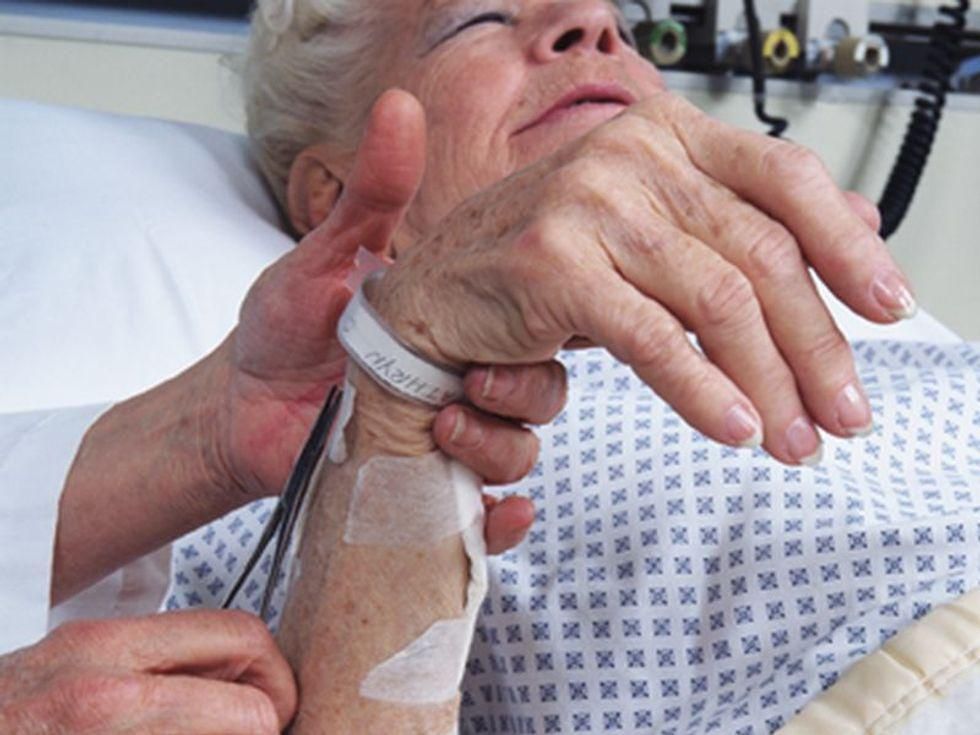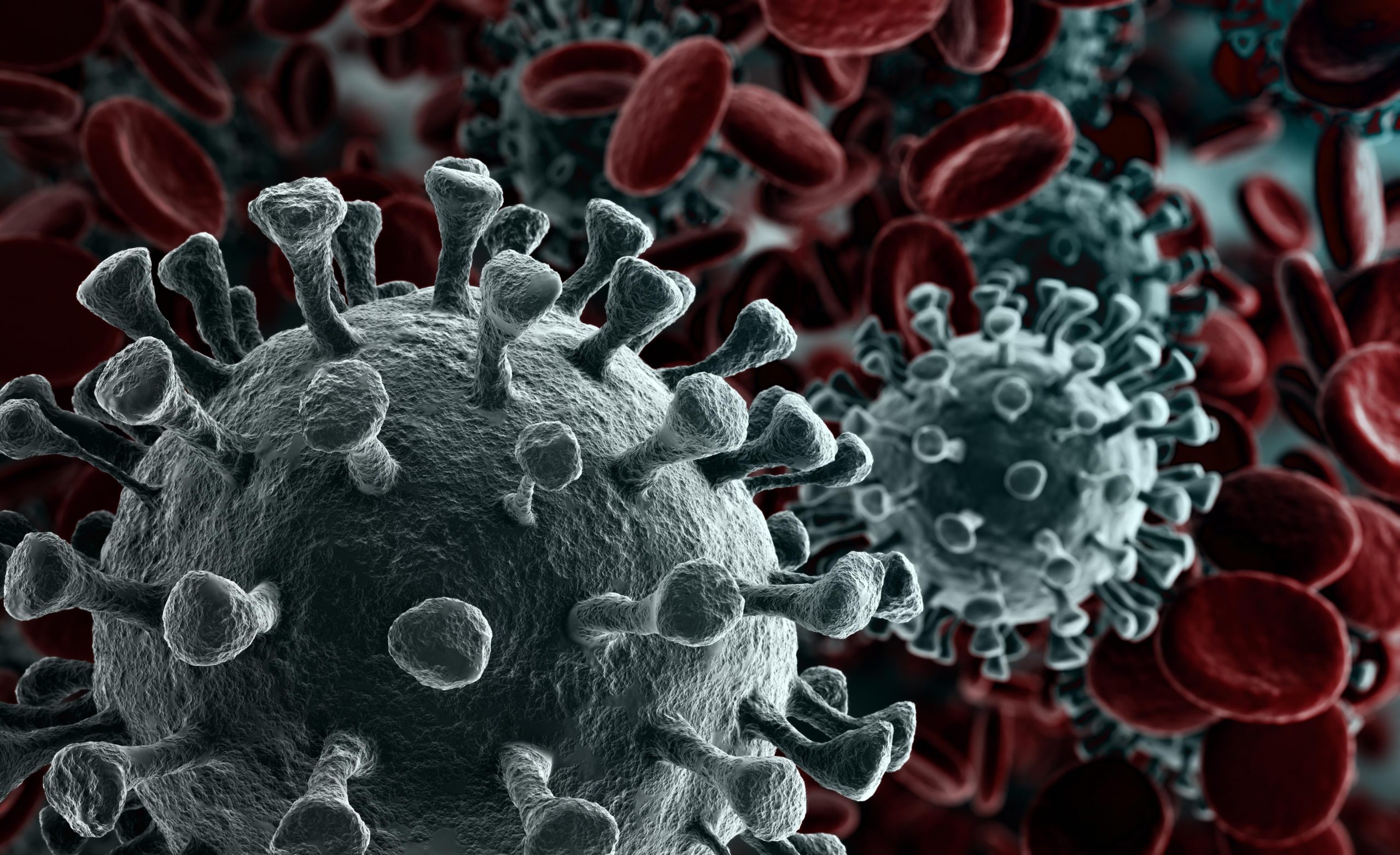
Holocaust survivors have a lower risk of delirium after surgery than others their age, and a new study suggests it may owe to mental resilience developed in response to their horrific experiences. “Given that Holocaust survivors are at increased risk of a range of physical and psychological conditions, we were surprised to find that they… read on > read on >






























